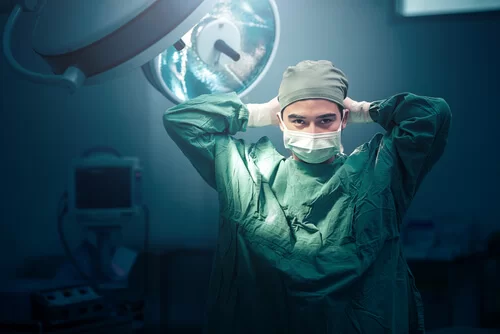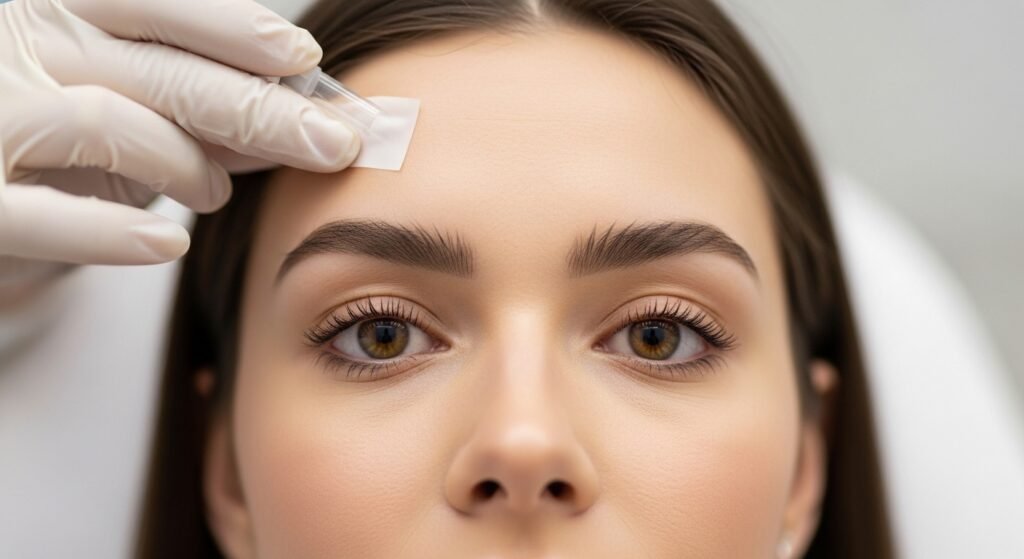The Importance of Surgeon Experience: Why Technology Cannot Replace Skill
In recent years, medical technology has advanced tremendously. State-of-the-art equipment, surgical robots, and high-precision imaging tools promise to enhance procedures and improve patient safety. But a critical question remains: can technology replace a surgeon’s skill? The answer is clear: no.
While technological advancements are essential for improving surgical procedures and minimizing risks, the success of any surgery ultimately depends on the surgeon’s experience and expertise. Technology is a powerful tool, but without the hands of a skilled professional, it cannot guarantee optimal results.
Surgeon Experience as the Foundation of Safety
Experience is the cornerstone of safe surgical practice. Just like in any high-stakes field, training, practice, and clinical experience are indispensable. A simple analogy illustrates this point: if you gave me the most powerful race car in the world and put me against a professional driver, I would certainly lose. Similarly, if I were given the finest paintbrush to create a masterpiece, the result would be far from professional.
The same principle applies to surgery. Even the most advanced equipment cannot replace a surgeon’s technique, training, and aesthetic judgment, which develop over years of practice. Experienced surgeons are able to:
- Make quick, safe decisions during procedures
- Anticipate and prevent complications
- Adapt techniques to each patient’s unique anatomy
- Achieve natural, aesthetically pleasing outcomes
The Role of Technology in Surgery
Although it cannot replace skill, technology plays a vital role in modern surgery by helping surgeons to:
- Visualize structures with precision using advanced imaging
- Monitor vital signs and reduce intraoperative risks
- Plan complex surgeries with 3D modeling and simulation tools
- Perform minimally invasive procedures, resulting in smaller incisions and faster recovery
Technology is a powerful ally, but it must always be guided by the judgment and expertise of a trained surgeon. Without clinical insight, even the most sophisticated equipment cannot ensure optimal outcomes.
Developing an Aesthetic Sense
In addition to technical skill, experienced surgeons develop a refined aesthetic sense over years of practice. This ability allows them to:
- Assess facial and body proportions accurately
- Create harmonious and natural results
- Tailor procedures to the unique characteristics of each patient
This aesthetic perception cannot be learned solely from books or videos. It is cultivated through hands-on experience, observation of complex cases, and evaluation of long-term results.
Why Surgeon Skill is Irreplaceable
Even with cutting-edge technology, human skill is irreplaceable because it involves interpretation, intuition, and clinical judgment. Every patient is unique, every body responds differently, and every surgery presents its own challenges. A surgeon’s experience allows them to navigate these variables and make decisions that technology alone cannot.
Patients seeking safe and high-quality results should prioritize:
- Surgeon experience
- Continuous training and skill development
- Proper use of technology as a supporting tool
Conclusion
In conclusion, medical technology is essential for improving precision, reducing risk, and increasing efficiency in surgery. However, no machine or device can replace the skill, training, and aesthetic judgment of an experienced surgeon.
The success of a surgical procedure depends on the combination of human expertise and advanced technology. While technology enhances the surgeon’s capabilities, it is the trained hands, experienced judgment, and aesthetic sense of the professional that ensure safe and natural results.
When choosing a surgeon, always prioritize experience, credentials, and track record, remembering that technology is a powerful ally—but it cannot replace true surgical skill.




